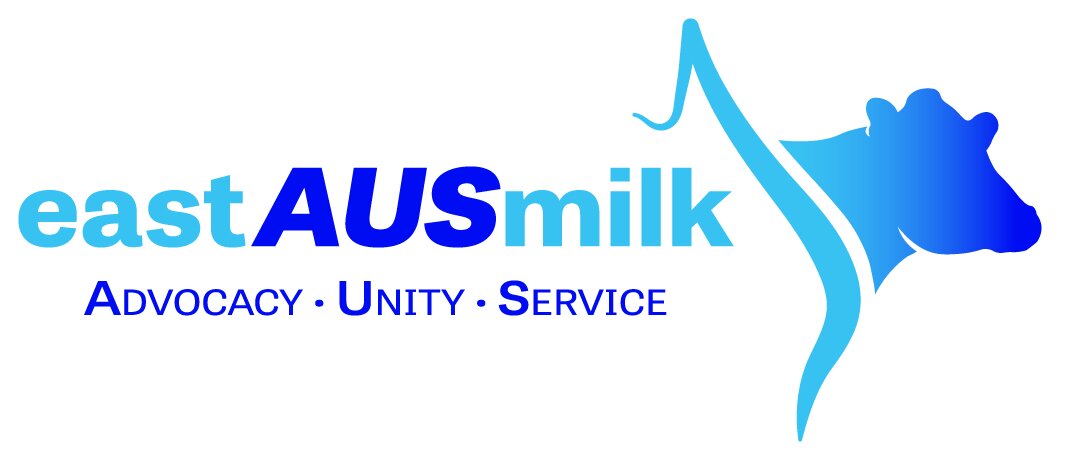Fight over cow burps looms as farmers face forced emissions cuts
A fight over plans to cut farming’s greenhouse footprint from methane-burping livestock looms for the Albanese government, with Agriculture Minister Murray Watt declaring the sector must reduce its emissions as the National Farmers Federation campaigns against the government’s renewable plans.
Watt declared the industry cannot rely only on carbon offsets and must change practices as he launched consultation on Tuesday on the government’s agriculture and land plan, which will guide cuts to emissions from agriculture in line with the national target to hit net zero by 2050.
The government is also committed to the global pledge to cut methane by 30 per cent from 2020 by 2030.
New Zealand has imposed a tax on farm methane emissions that kicks in from 2025, but in news that will be welcomed by Australian farmers, Watt has already ruled this out.
Watt said the reforms “will be done without a methane tax or ag sector emissions target” but government would work industry to develop a plan.
The agriculture minister linked increasing droughts and extreme weather events to a 23 per cent decline in average profitability, with climate change costing farmers about $30,000 on their bottom lines every year.
Farmers also need to boost their green credentials to maintain critical export market access, which is the destination for about 70 per cent of Australian agriculture produce, Watt said.
“Pretty much all of our international trading markets, as well as domestic consumers, expect to see higher and higher sustainability records when it comes to agricultural production.”
Mike Foley, The Sydney Morning Herald, 8 November 2023.
To read the rest of this story, click here.
Govt coughs up millions to stop cows farting and burping
THE government has handed out millions of dollars for trials to reduce cow farts and burps, with millions more on the way, in an important step towards its 2050 carbon neutral commitment.
Methane emissions from the nation's cattle herds account for about 10 per cent of Australia's total greenhouse gas emissions and more than 40pc of the agricultural sector's emissions.
The $4 million will fund six projects to assess the emissions reduction and productivity benefits of low-emissions livestock feed supplements, such as asparagopsis seaweed and the compound 3-NOP.
The funding is stage one of the federal government's Methane Emissions Reduction in Livestock (MERiL) program. The guidelines for the next two rounds of funding will be released on Monday, February 21, which will put another $20m towards the development of low emissions livestock feed technologies.
Emissions Reduction Minister Angus Taylor said each project would collect data to help support the research and development of new feed technologies and understand their impact on productivity and the environment.
"Australian farmers have always been at the forefront of innovation and environmental management," Mr Taylor said.
"These successful projects will increase our understanding of the benefits of these technologies and help farmers make informed decisions on technology adoption in their day-to-day operations.
"We are backing technologies which have the potential to reduce emissions while increasing productivity because we know that is the key to meeting and beating our targets without imposing new costs on households, businesses or the wider economy."
Four of the six projects will experiment with the seaweed asparagopsis, the cultivation of which could become a $1.5-billion sector within agriculture, due to its potential ability to reduce methane emissions in livestock while improving their productivity.
Bovine Dynamics was awarded $1 million to trial the use of asparagopsis in a large-scale commercial feedlot for Angus beef near Toowoomba, to understand its impacts on emissions and meat quality.
The University of New England was awarded $500,000 to trial the seaweed in sheep, while FutureFeed was awarded $500,000 to test the seaweed in beef cattle.
FutureFeed's initial trials have found just 50 grams of asparagopsis a day could reduce cattle methane emissions by 95pc, while also increasing cattle productivity by up to 20pc.
GrainCorp was granted $500,000 to lab test asparagopsis stability in livestock feed and on-field trials to determine methane emission reductions in livestock.
Other feed additives will also be trailed - CSIRO will use $800,000 to experiment with the organic compound 3-NOP in tropical and northern beef cattle grazing systems.
Agrimix was awarded $700,000 to trial the forage feed Desmanthus, a non-bloating tropical legume, in grazing paddocks in three commercial grazing operations across NSW and Queensland.
Stage two of the MERiL program will provide $5m to develop and determine the feasibility of the proposed technology with grants between $250,000 and $1m available for projects running up to 12 months.
Stage three, which will consist of two funding rounds, will provide $15m to undertake trials to validate the technology, and demonstrate its emissions reduction and productivity impacts.
Source: Jamieson Murphy, Farmonline National, 17 February 2022

